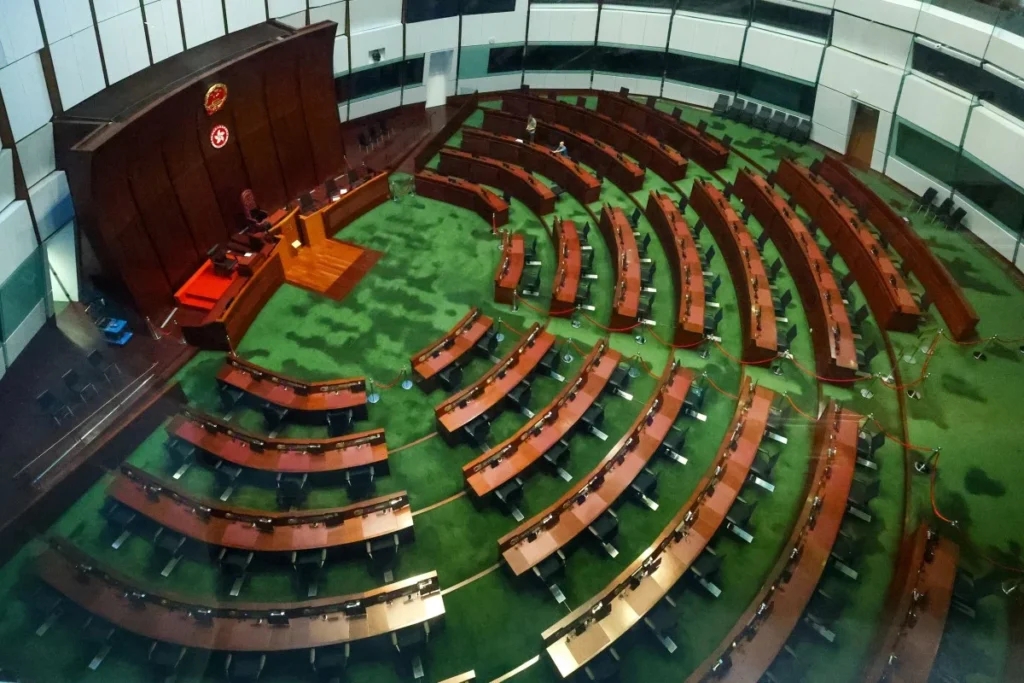Hong Kong’s upcoming Legislative Council election on December 7 is shaping up to be highly competitive as several veteran lawmakers decide not to run. New candidates are stepping forward to contest all three types of constituencies in the city’s second “patriots-only” poll.
Sources indicate that age played a role in some lawmakers’ decisions to step aside, while others, such as Regina Ip Lau Suk-yee, 75, plan to seek another term.
Over the past three weeks, four of the 12 current Legco members aged 70 or above announced they would not stand for re-election. Among them are Tommy Cheung Yu-yan, 76, and Chan Kin-por, 71, who confirmed on Saturday that they would step down.
The December vote marks the second Legislative Council poll since Beijing’s 2021 electoral overhaul, which ensures that only “patriots” can hold political office in Hong Kong. This reform significantly reshaped the political landscape, encouraging new entrants and limiting competition from opposition voices.
Regina Ip, the convenor of the Executive Council, is widely expected to run for re-election. Sources suggest her continued presence reflects both experience and the support of Beijing-aligned authorities.
The Legislative Council has 90 seats, divided into three categories. Twenty seats come from geographical constituencies, 30 from functional constituencies representing trade and professional sectors, and 40 are chosen by the powerful Election Committee, which is largely dominated by Beijing loyalists.
Observers note that the departure of several senior lawmakers opens space for younger or newer candidates, creating a more dynamic race than in past elections. While some retirements are due to personal or age-related reasons, they also reflect a push to encourage fresh participation within the “patriots-only” framework.
Political analysts suggest that the upcoming election will test the adaptability of both new and veteran candidates. “The Legco landscape is evolving, and the new crop of candidates will have to navigate a system designed to maintain political stability under Beijing’s oversight,” one analyst said.
The functional constituencies continue to wield significant influence, particularly with the 40 Election Committee seats. These seats allow Beijing-aligned groups to shape outcomes, maintaining a strong presence of loyalist lawmakers even as some veterans step aside.
For voters, the election promises contests in all constituencies, a departure from previous cycles where some seats were uncontested. Campaigns are expected to focus on local development, economic growth, and governance issues, alongside the broader backdrop of political alignment under the “patriots-only” rule.
As December 7 approaches, Hong Kong’s political scene is experiencing both continuity and change. Veteran lawmakers’ decisions not to run create opportunities for new faces, while high-profile figures like Regina Ip ensure experience remains present in the council. The result is a competitive, closely watched election that will shape Hong Kong’s governance for years to come.

